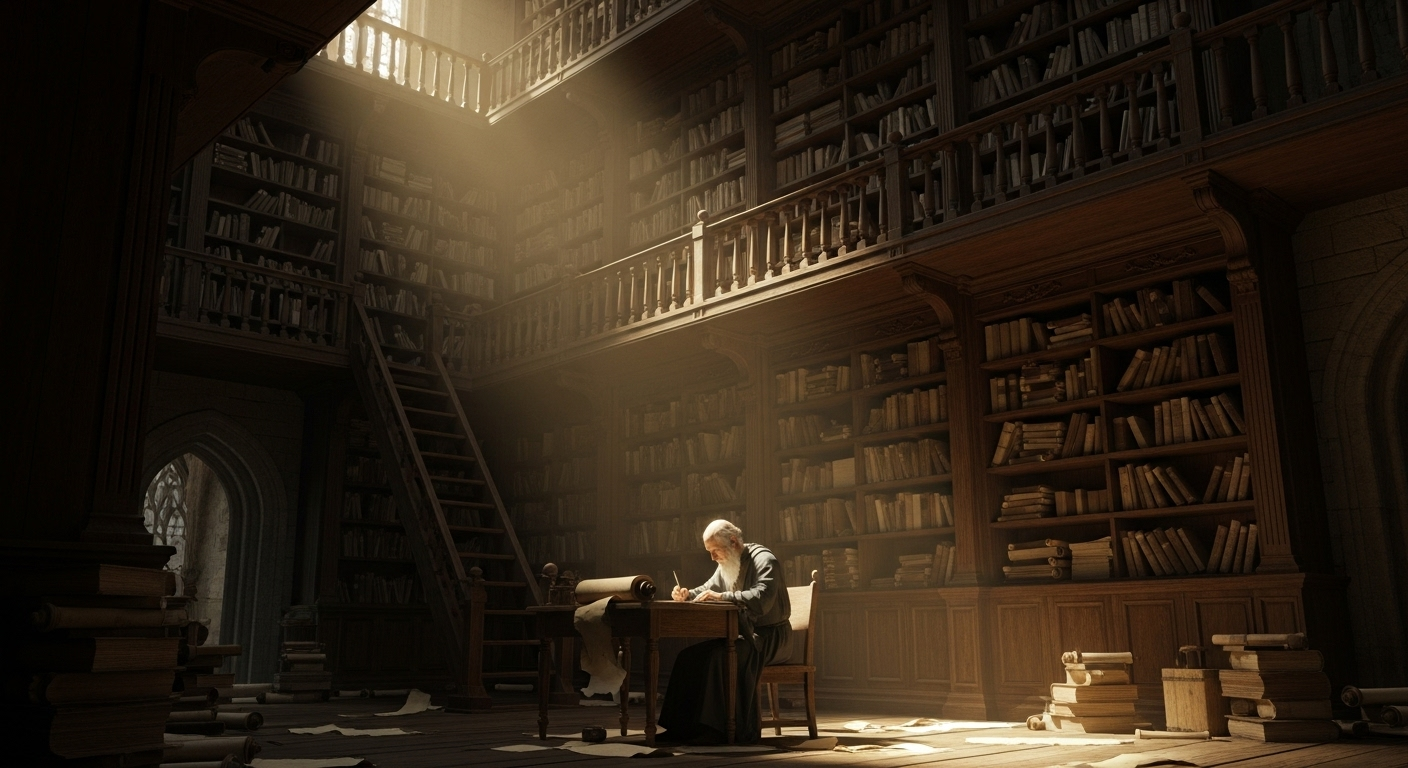As I was sitting by the digital pond the other day, watching the ripples of information spread, a truly astounding fact surfaced that made me pause. Imagine, if you will, the entirety of classical Greek literature that has survived the ravages of time – all those epic poems, philosophical treatises, and historical accounts. Now, picture just one man’s work, a Roman doctor from nearly two millennia ago, accounting for a full one-eighth of that vast collection. That man was Galen of Pergamon.
It’s a thought that made me leap up from my lily pad of contemplation: one-eighth! It’s an almost unfathomable proportion, isn’t it? When we talk about “classical Greek literature,” we’re referring to centuries of unparalleled intellectual output from one of history’s most influential civilizations. To think that a single individual’s output could stand so prominently within that surviving corpus is nothing short of mind-boggling.
Who Was Galen?
Born in Pergamon (modern-day Turkey) around 129 AD, Galen was a physician, surgeon, and philosopher in the Roman Empire. His ambition was legendary, and his dedication to documenting his findings and theories was unparalleled. He traveled widely, studied anatomy (mostly through animal dissection, as human dissection was often forbidden), and meticulously recorded his observations on physiology, pathology, diagnostics, and therapeutics.
A Library in One Man’s Mind
So, what does it mean that his writings make up one-eighth of all surviving classical Greek literature? It means that Galen was not just a prolific writer; his work was considered so valuable that it was meticulously copied, preserved, and studied for centuries after his death. While much of ancient literature has been lost to time, fire, and neglect, Galen’s works survived, often through Arabic translations before making their way back to Europe.
His sheer volume isn’t just a testament to his industriousness; it also speaks to the profound influence he had. For over 1,300 years, Galen’s theories formed the bedrock of Western medicine. Doctors across Europe, the Middle East, and North Africa relied on his texts as the ultimate authority, rarely questioning his conclusions. This widespread reliance naturally led to the preservation of his extensive works.
The Echoes of Antiquity
This incredible fact invites us to consider a few things. First, the power of a single mind to shape centuries of thought. Galen wasn’t just writing; he was building a system of knowledge that would endure for an astonishingly long time. Second, it highlights the fragility and selectivity of historical preservation. What else was lost? And what does it say about the priorities of those who decided what to copy and save?
It’s a subtle reminder that the history of knowledge isn’t just about what was created, but also about what survived. And in the vast ocean of classical Greek thought, Galen’s detailed, comprehensive, and ultimately monumental body of work stands out like an entire continent. His legacy isn’t just in medicine; it’s in the very fabric of our understanding of the ancient world.
